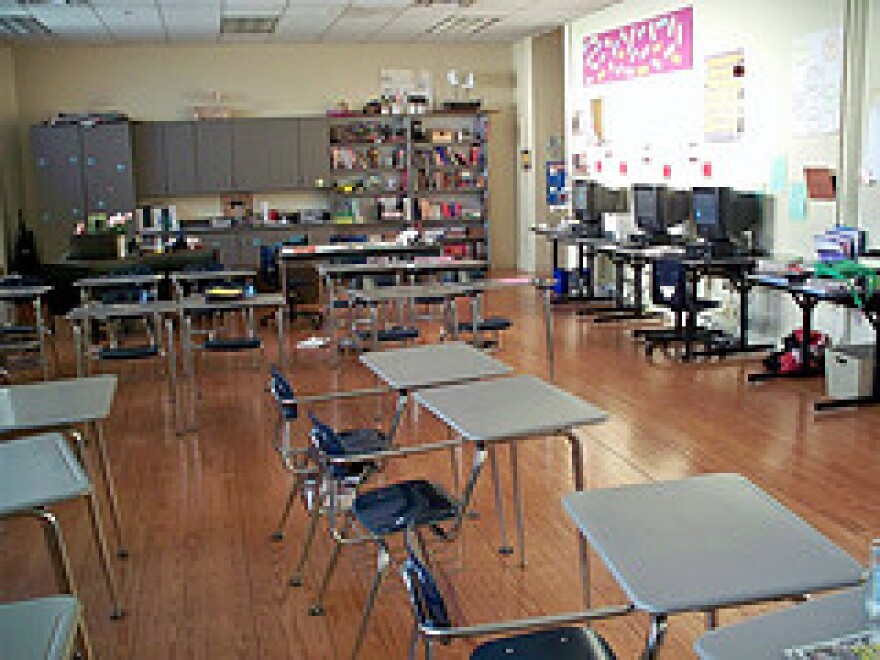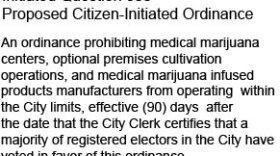Colorado voters overwhelmingly struck down proposition 103 on Tuesday night. The statewide ballot measure would’ve temporarily increased sales and income taxes for public education.
Senator Rollie Heath (D-Boulder) wrote the tax proposal – which was considered a long shot to even make it on the ballot. Heath says he’s disappointed in the outcome, adding that the fight is just beginning.
“We’ve got to find a way to make people aware of the urgency of the situation. And I thought four day school weeks, fees for everything was enough to jolt people into what the reality is. I don’t know much further we’re going to have to sink before people realize this is not a joking matter.”
Proposition 103 was expected to raise about $3 billion over a five year period. The money would have gone to K-12 schools and state colleges and universities. Senator Kent Lambert (R- Colorado Springs) sits on the Joint Budget Committee. He strongly opposed the proposition saying it would’ve hurt the economy and made people worse off.
“When we have such high unemployment in Colorado, a lot of job losses, this is a terrible time to try and increase taxes.”
Governor John Hickenlooper chose not to take a position on the measure. On Election Day he released his proposed 2012 budget that calls for an additional 90 million dollar cut to K-12 schools and cuts to higher education. Colorado lawmakers have already slashed about a half-a-billion dollars from public education alone. The Governor says the cuts don’t make him happy, but says there’s no other place in the budget to cut.
Here's an additional report on the defeat of Prop 103 from CPR's Jenny Brundin:
http://mediad.publicbroadcasting.net/p/kunc/files/cpr103web.mp3






